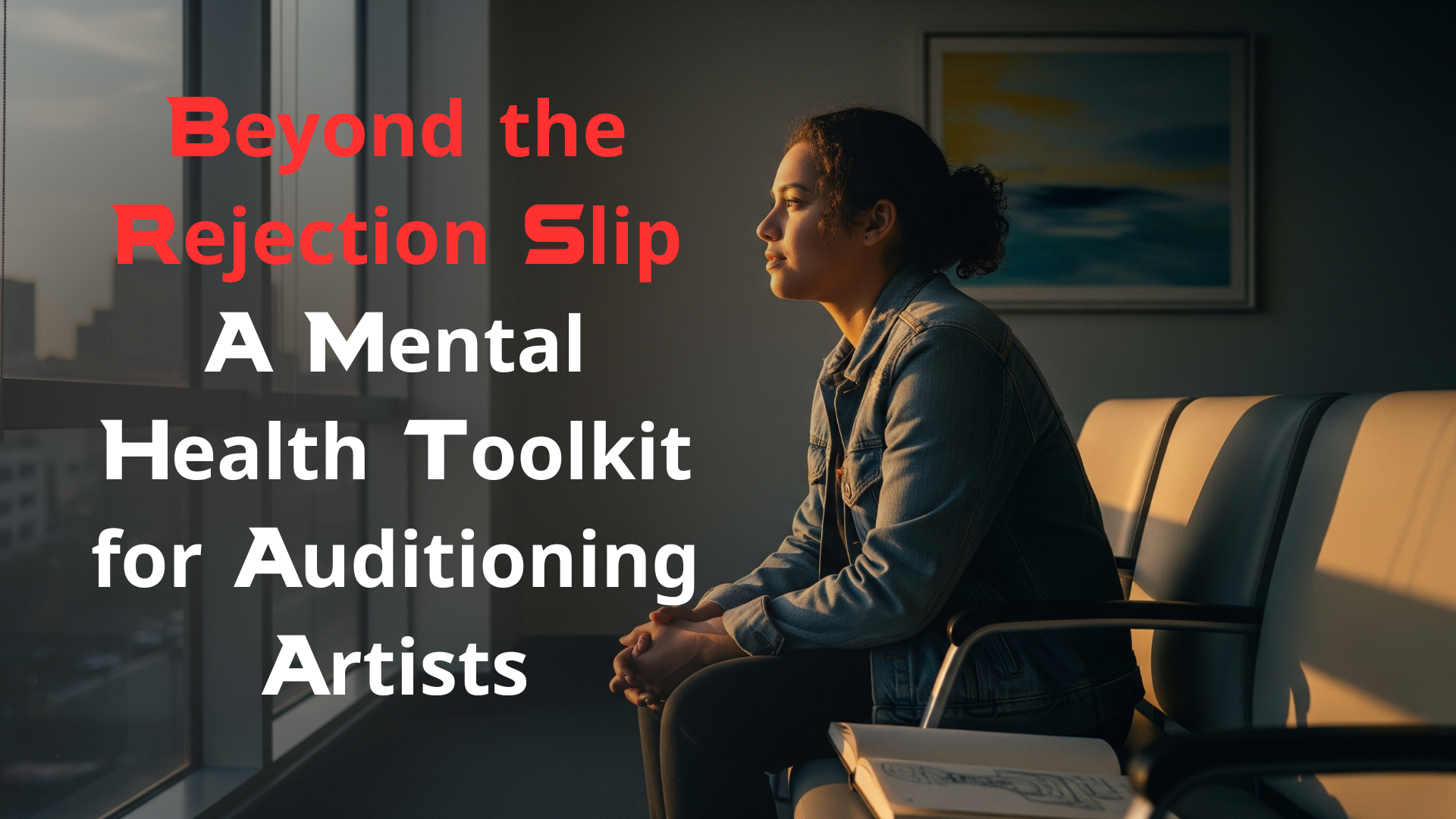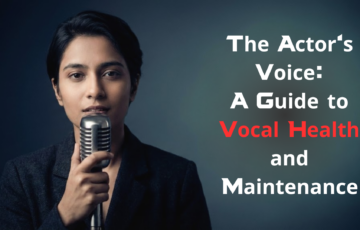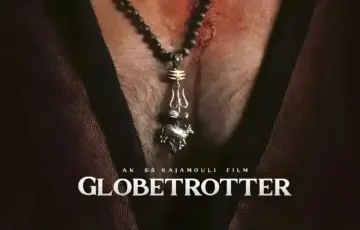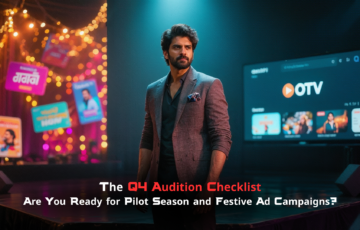We’ve all been there. That email lands in your inbox, and your heart does that familiar little lurch—half breathless hope, half quiet dread. You’ve been replaying every moment from the casting room, every choice you made. You finally click open the message, and there they are. The polite, professional, final words: “Thank you for your time, but we’ve decided to go in a different direction.” The weight of that one sentence can feel crushing. For so many auditioning actors, models, and performers, this cycle is a constant, a professional hazard that chips away not just at a career, but at your spirit. This isn’t just about disappointment; it’s a genuine conversation about mental health in a world that demands vulnerability.
Here at Dazzlerr, while we live for the artistry and glamour of it all, we also recognize the vital importance of the unseen, backstage work: the work of taking care of yourself. The relentless pace of auditioning can easily lead to crippling performance anxiety or even full-blown burnout among actors. That’s why we’ve put together this mental health toolkit. Think of it as a guide from a friend who understands, designed to help you navigate the industry’s turbulent waters, build genuine inner strength, and hold onto the passion that got you started.
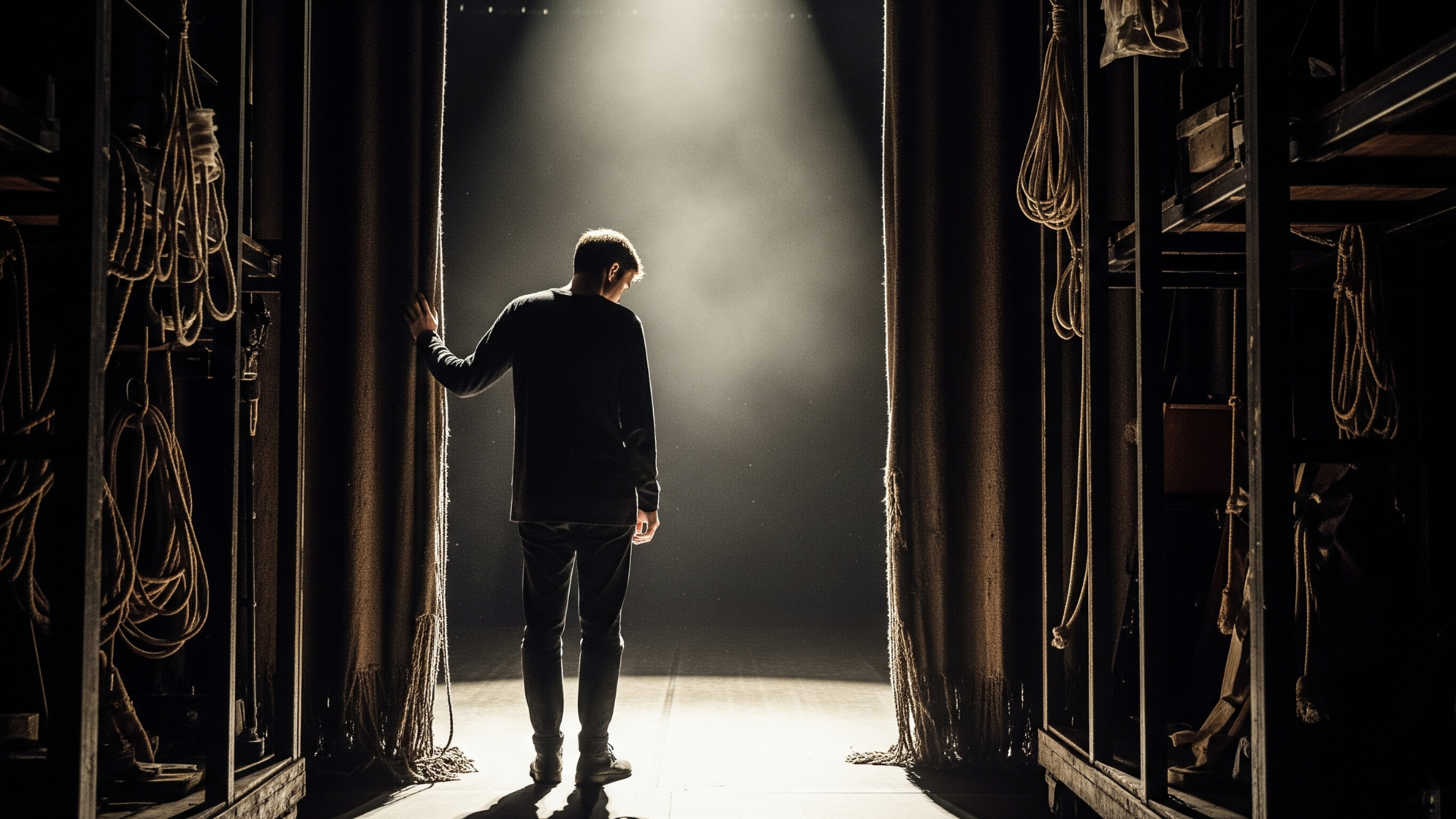
The Unspoken Scene: Let’s Get Real About the Mental Toll
Before diving into solutions, we have to be honest about the unique pressure cooker that is the life of auditioning actors and performers. Your job requires you to be emotionally available at a moment’s notice. The audition then takes that raw vulnerability and puts it under a microscope. It’s hard for it not to feel personal—like you, not just your performance, are the one being judged. That constant state of assessment is mentally draining.
On top of that emotional high-wire act, you’re dealing with the chaos of it all—unpredictable schedules, unstable income, and a sense of competition that can feel overwhelming. It’s a perfect storm for anxiety. The most important thing to remember is that these feelings are a completely rational response to an often irrational industry. The goal isn’t to magically stop feeling disappointed by rejection, but to change your relationship with it. It’s about creating a foundation of actor mental wellness so solid that no single “no” can make you question your worth.
Your Backstage Crew: You Can’t Do This Alone
The first rule of surviving—and thriving—in this industry? You can’t do it alone. The myth of the solitary, tortured artist is not only a cliché, it’s a dangerous one. Assembling your personal actor support system is one of the most powerful things you can do for your mental health. These are your people, the ones who see you and value you for who you are, completely separate from your last booking.
So, who’s in your crew?
- The Non-Industry Friend: This person is pure gold. They love you for who you are, not your resume. They offer a desperately needed escape from shop talk and can give you the beautiful reminder that there’s a whole world out there beyond casting rooms.
- The Trusted Peer: Find a fellow performer or two you can be real with. The vibe here must be camaraderie, not competition. This is who you call to vent, the person who truly understands the specific absurdity of being told you’re “too edgy” one day and “not edgy enough” the next.
- The Mentor: An older, more experienced artist or a trusted coach can offer perspective like no one else. They’ve seen it all and can gently remind you that rejection is just a universal part of the journey, not a verdict on your talent.
- The Professional: There is incredible strength in seeking professional support. A therapist, especially one who gets the creative life, can give you concrete, tailored strategies for coping with rejection, managing anxiety, and building resilience. It’s a safe, non-judgmental space to unpack it all.
The Pre-Audition Ritual: Walking In on Your Own Terms
Let’s talk about walking into that room feeling like you belong there, regardless of the outcome. Much of the anxiety surrounding auditions stems from feeling powerless. A pre-audition ritual is your way of reclaiming that power, grounding yourself, and shifting your focus from seeking approval to simply sharing your work. This is where practicing mindfulness for actors can be a game-changer.
Make the Ritual Yours:
- Just Breathe: Before you leave the house or while you’re in that waiting room, take five minutes. Just five. Inhale for four counts, hold for four, and let it go for six. This simple act tells your nervous system it’s okay to calm down and pulls you right into the present moment.
- Be Your Own Hype Person: The voice in your head is either your harshest critic or your biggest fan. Choose the fan. Replace the doubt with quiet truths: “I am prepared.” “I have a unique perspective to share.” “My only job is to play.”
- Picture It: Close your eyes and see the audition unfolding just as you’d like. Picture yourself walking in with quiet confidence, connecting with the people in the room, and delivering a performance that makes *you* proud. It’s like a dress rehearsal for your brain.
- Let Go of the Outcome (The Hardest, Best Part): This is the most powerful mindset shift you can make. Your job isn’t to book the role. Your job is to go into that room and do good work. That’s it. That is the part you can control. Releasing your grip on the outcome is incredibly freeing.
When the Answer is “No”: A Healthier Way to Process Rejection
The email has arrived. It stings. Of course, it does. The key now is to let yourself feel it, then move through it in a way that serves you, rather than drains you. A strategy for coping with rejection isn’t about pretending it doesn’t hurt; it’s about processing the hurt without letting it take root.
A Step-by-Step Response:
- The 24-Hour Rule: Give yourself a container for the disappointment. A day, an afternoon, even an hour. Let yourself be sad or frustrated. Eat the comforting food, watch the movie, call your trusted peer, and have a good vent. Wallowing is human; just give it a deadline.
- Zoom Out and De-Personalize: After your time is up, it’s time to gently shift perspective. This is tough, but crucial. Remind yourself of the thousand reasons you might not have been cast that have nothing to do with your talent. You were too tall, not tall enough; you looked too much like the lead. The budget was cut, and the role was rewritten. It wasn’t a rejection of your soul; it was just a puzzle piece that didn’t fit this time.
- Find the Takeaway (If There Is One): Was there a genuine lesson? Perhaps you realize you could have been more prepared or want to focus on developing a specific skill. If so, turn it into a positive, actionable goal. If not, the lesson is simply one of practicing the art of letting go.
- The Ritual of Release: Do a small, symbolic thing to close the chapter. Write about it in a journal and then close the book physically. Go for a run and work up a sweat. Delete the email and empty the trash. Signal to your brain that it’s time to move on.

Intermission: Remembering All the Other Parts of You
One of the biggest traps we fall into is letting our career become our entire identity. When that happens, the stakes of every “no” become impossibly high. True, sustainable actor self-care is about building a life so full and interesting that your art is something you love to do, not everything you are. This is your best defense against actor burnout and the foundation of long-term mental wellness for actors.
What Else Makes You, You?
- Cultivate Other Passions: What else sparks your passion? Painting, hiking, learning a language, pottery, coding? Dive into things that have zero to do with performing. They give you a sense of accomplishment and joy that you generate all on your own.
- Move Your Body: The Mind-Body Connection Isn’t Just a Nice Idea; It’s Science. Regular exercise—such as yoga, dancing, weightlifting, or simply walking—is one of the most powerful tools we have to combat anxiety and boost our mood.
- Nourish Yourself Well: Pay attention to what you eat and how it affects your well-being. A balanced diet and good hydration have a massive impact on your energy and emotional state, which is vital when navigating the industry.
- Protect Your Sleep: An artist’s life is chaotic, but your sleep has to be sacred. A well-rested brain is a more resilient, focused, and creative brain. It’s non-negotiable.
- Curate Your Feed: Social media, like Instagram, Meta, and more can be a minefield of comparison. Schedule breaks. Unfollow accounts that leave you feeling less-than. Remember, you’re only ever seeing someone else’s highlight reel, not their bloopers.

The Encore: Playing the Long Game and Staying in Love with Your Craft
Resilience isn’t a trait you’re born with; it’s a muscle you build. Every challenge, every rejection, is a chance to strengthen it. Building resilience is about committing to the marathon, not the sprint, and finding ways to keep your passion alive through it all.
How to Keep the Spark Alive:
- Celebrate All the Wins: We get so fixated on booking the job that we forget to celebrate the other victories.
- Did you get a callback?
- Have you made a choice in the room that felt brave and exciting?
- Did you simply have the courage to show up?
Acknowledge your effort. It matters.
- Keep a “Good Things” File: Alongside any other journal, keep a running list of your successes. Every piece of positive feedback, every callback, every moment you felt proud of your work. On tough days, this is your proof. It’s your evidence.
- Boundaries Are Your Best Friend: Learning to say “no” is a superpower. Say no to projects that drain you, to people who don’t respect you, and to the pressure to be “on” 24/7. Your energy is your most valuable currency—protect it.
- Always Come Back to “Why”: Why did you start this in the first place? For the love of storytelling? The thrill of collaboration? The magic of moving an audience? Reconnect with that core passion. Take a class just for fun. Put on a play with friends. Write something terrible. Let joy, not the hunt for validation, be your guide.
Choosing a life as an artist is an extraordinary path, but it asks for an extraordinary amount of self-awareness and kindness toward yourself. Weaving these ideas into your life isn’t a sign of weakness; it’s the mark of a true professional tending to their most important asset. The rejections will still come—they are part of the story—but they will no longer have the power to be the entire plot. Your talent deserves a happy, healthy artist to bring it to the world.

